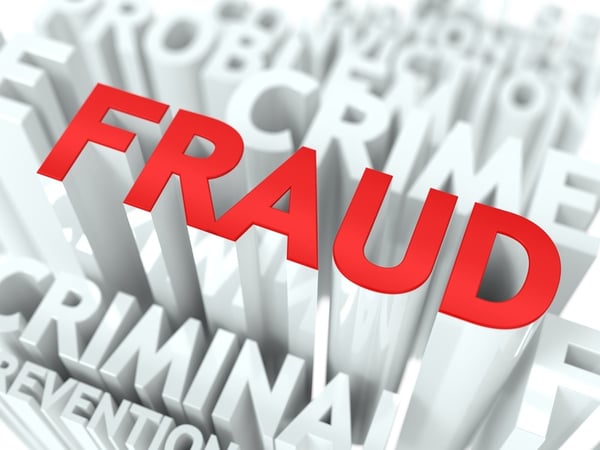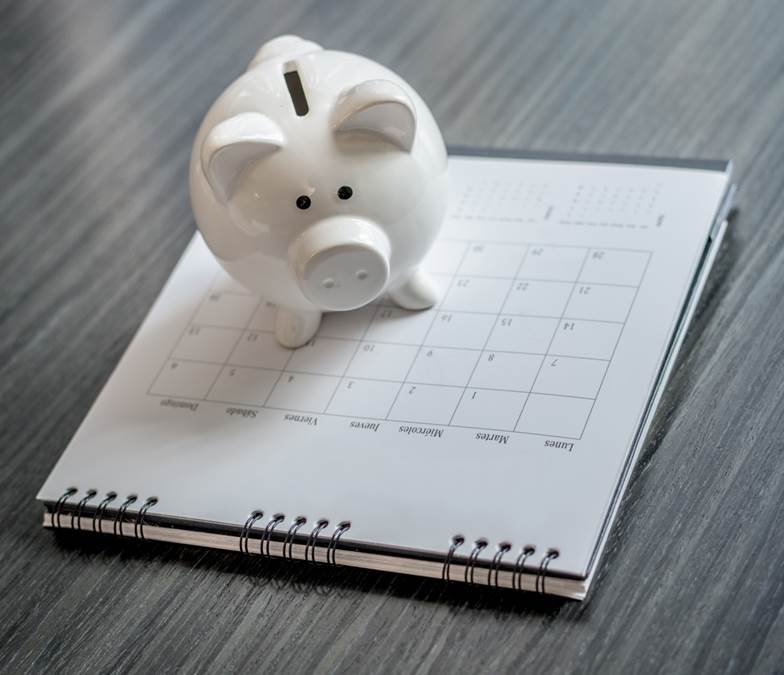Why You Should Never Lend Out Your Credit Card
We've all wanted to help our spouse, our kids, our family members, even friends, financially from time to time. Sometimes that can mean letting them...
3 min read
![]() First Alliance Credit Union
:
Jan 14, 2020 6:45:00 AM
First Alliance Credit Union
:
Jan 14, 2020 6:45:00 AM

Experts agree that we can't totally protect ourselves in every situation, but there are many things we can do to reduce our chances of becoming a victim of identity theft. We have tips and tools to help minimize your risk of identity theft and to know what to do if you or a family member are a victim of fraud.

Identity theft occurs when someone uses your:
Because fraud affects so many individuals and has such negative consequences on our financial lives, it's essential that we raise awareness of the seriousness of this crime. Many people don't even know their identity has been stolen, until they spot mysterious charges on their credit card or account statements, they're turned down for credit, or they start getting phone calls from debt collectors.
According to Gartner every 60 seconds, 18 or 19 people will fall victim to identity theft. That means that in the next hour, 1,080 to 1,140 people will have their identities stolen.
All of us are at risk for identity theft, even if we take precautions, because more thieves are turning to database theft from merchants or even employers in order to access thousands of records at a time. Identity thieves often target older people for many type of fraud, including telemarketing fraud, Medicare fraud, and so on.
If you have a senior citizen or older adult in your life, it's important to have conversations about avoiding scams, such as the lottery, others asking for information over the phone, and anyone who mysteriously comes into to their lives acting very friendly or helpful, and then asking for money.

Friendly fraud is another common method of ID theft. Friendly fraud means the thief is someone you know. It could be perpetrated by a family member, friend, roommate, housekeeper, friends of your children, repair people or even a co-worker.
How to Protect Yourself from Friendly Fraud:
Identity theft often starts with your Social Security Number and one other piece of identifying information. The more we protect our numbers, the less likely we are to become victims of fraud.
Skimming is yet another reason way you need to review your statements and accounts, and report any transactions that you didn't make. Skimming happens when a card is swiped or entered into an ATM, and there is a device on the ATM that captures the information on the card. The thieves then copy the information from your card to fraudulent cards and begin making transactions.
Tips to Avoid Skimming
While there are many precautions you can take to avoid identity theft, the chance of it happening is still there. Fraudsters and identity thieves are constantly coming up with new ways to steal your identity.
It's important to act quickly if you are a victim of identity theft. You could end up spending a great deal of time cleaning up the mess they cause-taking time off work, writing letters, making phone calls, getting affidavits notarized, and working with current and future creditors to help restore your good name.

We've all wanted to help our spouse, our kids, our family members, even friends, financially from time to time. Sometimes that can mean letting them...

Setting a savings goal can be difficult, especially when you're not sure where to start. Often, we end up setting our goals too high and they're...

Saving money is tough. In fact, as humans, we're wired to take care of our needs now, and worry about later...well, later. Putting resources away for...